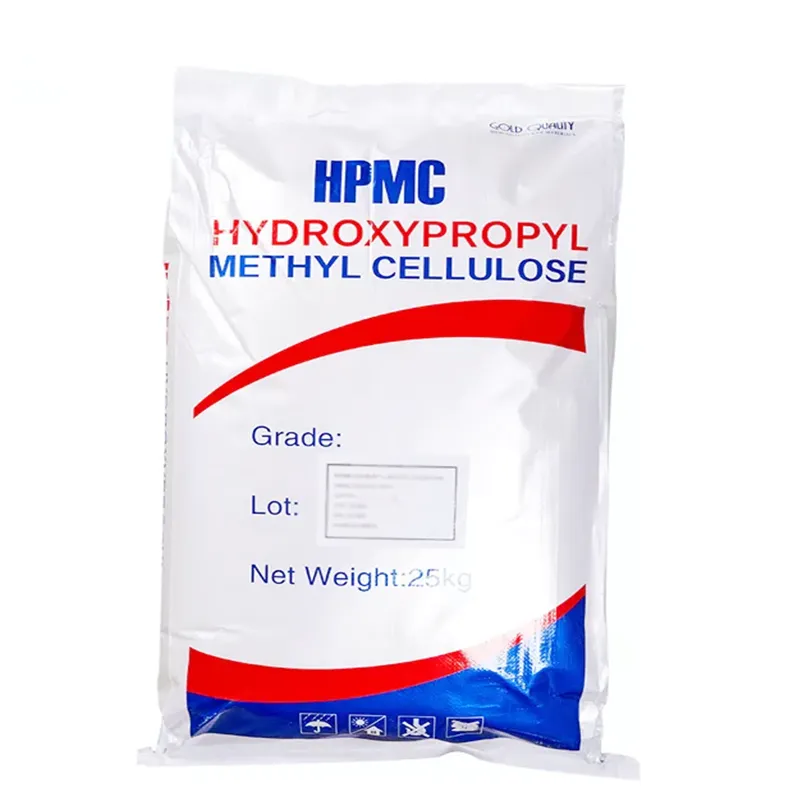
Factors Influencing the Solubility of Polyvinyl Alcohol in Various Solvents
Understanding Polyvinyl Alcohol Solubility Characteristics and Applications
Polyvinyl alcohol (PVA) is a synthetic polymer that has garnered significant interest across various industries due to its unique properties. One of the most pertinent characteristics of PVA is its solubility in water, a feature that is crucial for its function in numerous applications, including packaging, textiles, and the biomedical field.
What is Polyvinyl Alcohol?
Polyvinyl alcohol is a water-soluble synthetic polymer derived from the polymerization of vinyl acetate. The process involves hydrolyzing polyvinyl acetate to yield a compound characterized by –OH (hydroxyl) groups, which contribute to its solubility in water. PVA is available in various molecular weights and degrees of hydrolysis, influencing its physical properties, such as viscosity, transparency, and solubility.
Factors Affecting Solubility
Solubility is a fundamental property of PVA that is influenced by several factors
1. Degree of Hydrolysis PVA is produced with varying degrees of hydrolysis, typically ranging from 80% to 99%. This percentage indicates the extent to which the acetate groups have been converted to alcohol groups. Higher hydrolysis levels generally promote better water solubility. For instance, PVA with a hydrolysis degree closer to 100% has superior solubility due to the increased number of hydroxyl groups that can interact with water molecules.
2. Molecular Weight The molecular weight of PVA also impacts its solubility. Lower molecular weight PVA tends to dissolve more readily in water compared to higher molecular weight variants. This is because smaller chains can more easily disrupt the hydrogen bonding network of water, facilitating dissolution.
3. Temperature The solubility of PVA in water is temperature-dependent. Typically, increasing the temperature enhances the solubility of PVA. This is due to the increased kinetic energy of water molecules, which can better interact with and solvate the polymer chains.
polyvinyl alcohol solubility

4. pH Levels The pH of the solution can affect PVA’s solubility as well. In alkaline conditions, the hydroxyl groups can become ionized, further enhancing solubility. Conversely, highly acidic environments can lead to diminished solubility.
Practical Applications of PVA Solubility
The solubility characteristics of PVA make it particularly suitable for a range of applications
- Medical and Pharmaceutical PVA is used in drug delivery systems due to its biocompatibility and ability to form hydrogels. These hydrogels can release drugs in a controlled manner, enhancing therapeutic effectiveness.
- Coatings and Adhesives PVA's water solubility enables it to be used in various coatings and adhesives. Its ability to form films makes it ideal for applications that require protective barriers against moisture.
- Textiles In the textile industry, PVA is utilized as a sizing agent and a temporary binder, thanks to its solubility. After the finishing process, water-soluble PVA can be easily removed by washing, leaving no residue.
- Packaging The eco-friendly aspect of PVA solubility allows it to be utilized in the development of biodegradable packaging materials. These materials can dissolve in water, reducing waste and promoting sustainability.
Conclusion
Polyvinyl alcohol stands out not only for its versatility but also for its unique solubility characteristics that enable its application across different fields. Understanding the factors that influence the solubility of PVA—such as degree of hydrolysis, molecular weight, temperature, and pH—can help in tailoring its properties for specific applications. As industries increasingly focus on sustainability and efficiency, PVA's water-soluble nature positions it as an invaluable resource in the quest for innovative solutions. Therefore, continued research and development in PVA formulations could unlock further potential and propel advancements in material science and engineering.
-
Top HPMC Suppliers Enhanced by GPT-4 Turbo | Quality AssuredNewsAug.03,2025
-
High-Performance Concrete Water Reducer Enhanced with GPT-4 TurboNewsAug.02,2025
-
MHEC Cellulose Premium Additive | Enhanced Industrial UsesNewsAug.01,2025
-
Antifoam & Defoamer Solutions | Fast Foam ControlNewsAug.01,2025
-
Hydroxyethyl Cellulose for Paint - Superior Thickening SolutionsNewsJul.31,2025
-
Low Substitution - Hydroxypropyl Cellulose for Enhanced DissolutionNewsJul.30,2025





















